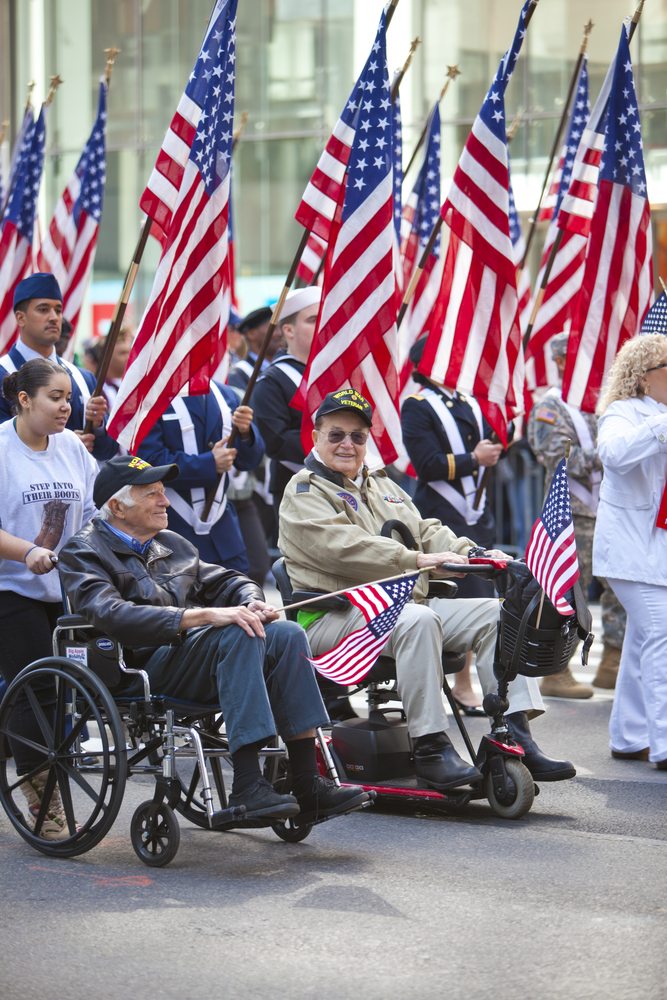
Image: Stuart Monk / Shutterstock.com
September 6, 2013; CNN
Imagine yourself as a nonprofit umpire watching the game. You make the call on this one.
In California, Attorney General Kamala Harris followed up on a CNN investigation to fine a charity called Help Hospitalized Veterans $2.5 million—a significant penalty, but not the $4 million originally demanded by the state. HHV’s problem? AG Harris charged the group with “excessive compensation” for its executives, as well as “improperly divert[ing]” funds to purchase country club memberships and a suburban Washington, D.C. condominium (and, apparently, simply pocketing money for themselves along the way). The executives of the charity will also be forced to resign their positions.
Sign up for our free newsletters
Subscribe to NPQ's newsletters to have our top stories delivered directly to your inbox.
By signing up, you agree to our privacy policy and terms of use, and to receive messages from NPQ and our partners.
The CNN investigation from August 2012 found that “most of the donations sent [by the charity] to the 155 veterans hospitals run by the Veterans Administration around the country amounted to so-called ‘craft kits’ for recovering soldiers to use while hospitalized. The kits included instructions for making paper airplanes.”
At the time of the CNN investigation, before the AG’s intervention, HHV CEO Michael Lynch expressed the hope that allegations against the charity would “not diminish the more than 40 years of service HHV has provided to…veterans.” CNN wasn’t the first entity to question HHV. A House Oversight Committee hearing in 2008 focused on the excessive spending of HHV executives, including the charity’s founder, Roger Chapin.
Now, despite the AG’s findings, penalties, and required resignations of the executives, HHV will not close its doors, according to its attorney, Hugh Quinn. He says that the charity will pay $500,000 of the fine, and the rest will eventually be paid from the estate of Chapin’s wife. CEO Lynch will retire and collect a pension of $160,000 a year. Quinn described the fine and settlement as a victory for the charity. “As long as there’s a need, HHV will be there,” he said.
Notwithstanding the charitable importance of craft kits to make paper airplanes, HHV was subject to a number of other criticisms in the original CNN investigation:
- AG Harris said that two-thirds of the charity’s revenue went to overhead and that the officers “have basically been lining their pockets off the compassion that Americans have for our veterans and servicemen and women.”
- Besides the golf club membership and suburban D.C. condo, Harris charged that it unlawfully diverted money—$500,000 of HHV funds— to start another nonprofit, an organization called Conquer Cancer and Alzheimer’s Now.
- The former president and founder, Roger Chapin, was paid more than $2.3 million between 2002 and 2009, and CEO Lynch pulled in $390,000 in 2010 alone.
- HHV allegedly made $800,000 in “imprudent and insecure” loans to the Virginia-based American Target Advertising, the direct-mail firm founded by Richard Viguerie, described by CNN as “one of the founders of the modern conservative movement and a friend of Chapin’s.” ATA served as HHV’s principal fund-raiser.
It seems like the umpire’s call on HHV is pretty obvious; no need for instant replays here.—Rick Cohen












